Gift-shop employee Steven Grant’s world is turned upside down after discovering he shares his body with mercenary, Marc Spector. Granted superhuman abilities by the Egyptian deity, Khonshu, Steven/Marc must navigate their overlapping realities to stop a dangerous force from being unleashed on the world. Moon Knight is Marvel’s bravest and bloodiest foray into the horror genre, with a superpowered twist.
In this Goggler exclusive, we speak to director Mohamed Diab on the importance of Egyptian authenticity and not having to face the Marvel continuity burden in Moon Knight.
Umapagan Ampikaipakan: When you’re making something like this that is so deeply rooted in a specific space, authenticity is something that you’re always going for. I was wondering if you could talk to me about how your own Egyptian background played a part in shaping the story and the direction of the series.
Mohamed Diab: The moment I pitched for the project, one of the main things that was really important for me, is how to depict Egypt in the past and the present. As Egyptians, when we see ourselves in the movies and we’re usually very upset, because the place itself is not the same. Like it’s never shot in Egypt. And if it’s shot in Egypt, it’s usually in a very exotic way. You see the desert and the pyramids. Even if you just pan a little bit, the pyramids are in the middle of a city. 20 million people. It’s like New York. It’s crazy. It never sleeps and it has skyscrapers!
Another thing was to see Egypt outside the Orientalist look, or any place in the Middle East for that matter, which is to see our world as very exotic and dehumanised. The women are so submissive and the men are bad. We wanted to break those tropes. Layla wasn’t originally an Egyptian character, but it was very important to make Layla into an Egyptian character so we can see the world through her eyes. And I think when you see the whole show, you understand how important Layla is to the story and how important it is to Egypt.
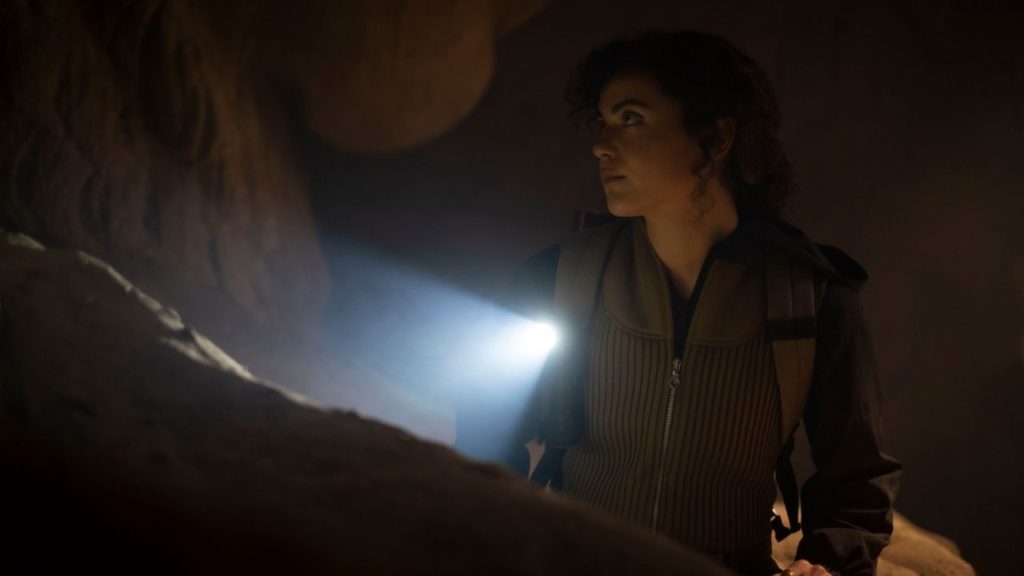
UA: And you are the first Arab filmmaker to try his hand at the Marvel Cinematic Universe!
MD: I just wanted to be here and prove that I’m not here because Moon Knight is about Egypt. I’m here because I’m a good director, and I want to succeed, and to open doors to other people from Egypt, from the Middle East, and from other minorities. I’m not even half American. I’ve never lived in America in my life.
MD: People from different minorities, people from all around the world, not just minorities, if they are given the chance, and to be a part of the system, they can thrive. Not just be good, but thrive. So that’s why the challenge for me, the people that I hired, and my collaborators, was for us to make Moon Knight the best Marvel TV show.
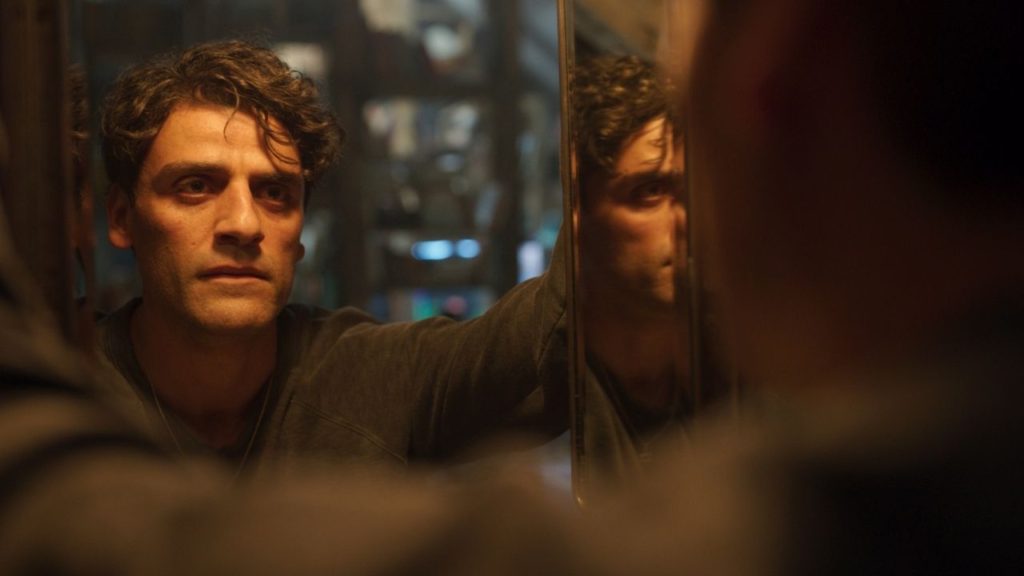
UA: One of the things I love most about Moon Knight was just how fresh it felt by not immediately connecting to everything else in the MCU, and the four episodes we’ve seen so far felt very much like a standalone story. And I was wondering if that was helpful as a director to not have to plan the next ten movies and TV shows. Yours felt a little free of that.
MD: You’re absolutely right. But I want to tell you that it wasn’t planned. There were some small things that are scattered here and there. But as the show progressed, as the show grew, and we cut it together, we all felt, “You know what? We don’t need crutches.” This show can stand on its own, and actually, all of us are proud to say that if you cut out the Marvel logo at the beginning of episode one, you wouldn’t know that this is a Marvel show.
But I think this is the way Marvel reinvent themselves. Every time you think, “Okay, I’ve seen it all. I’m getting tired, superhero fatigue,” they get fresh blood and do something different. They (Marvel Studios) hired me for a reason. I have a taste and I have to bring my taste. And maybe that’s why the show is different. That’s why the show is a standalone. I’m lucky that I didn’t have that burden of telling other stories or anything that took away from my story, from Mark and Steven’s story.

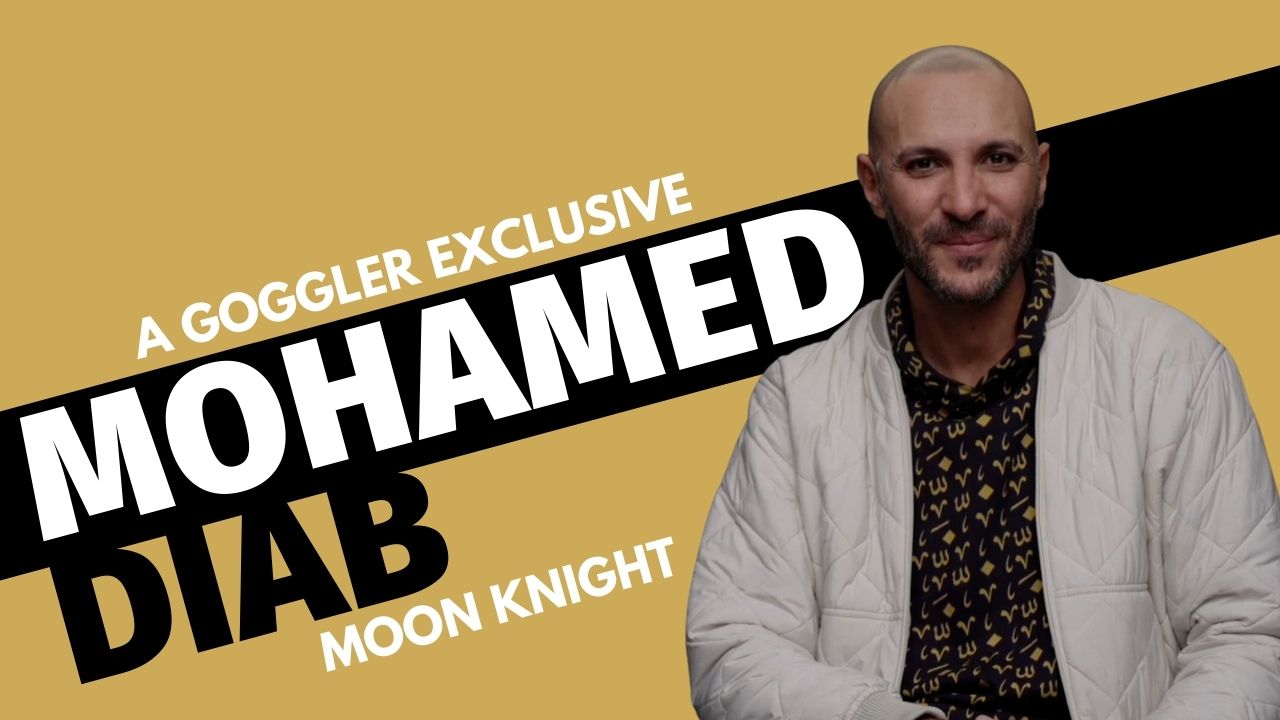
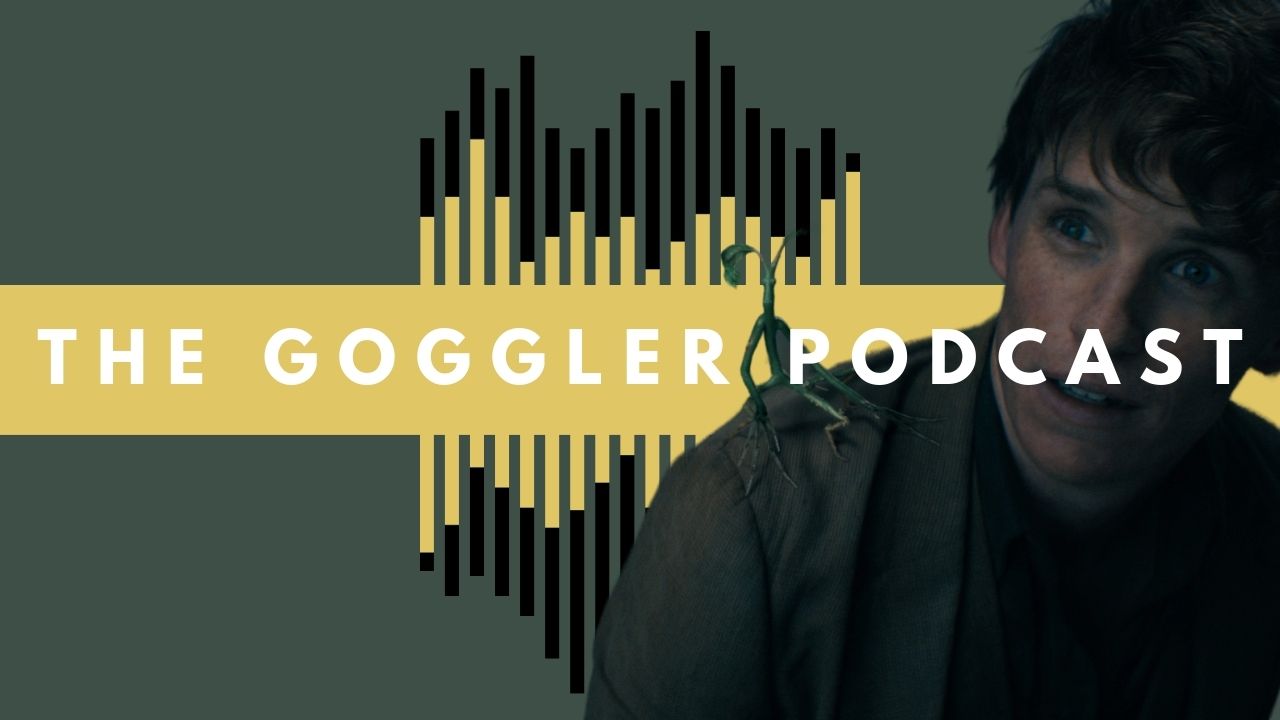
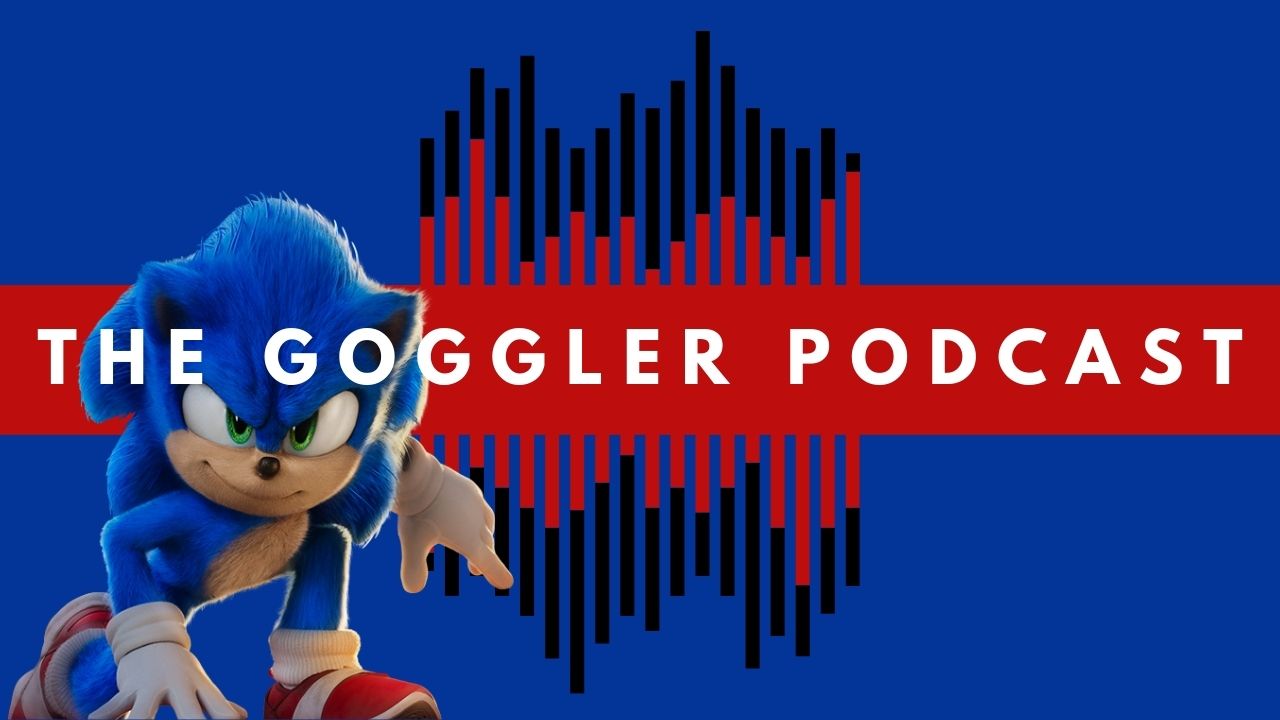
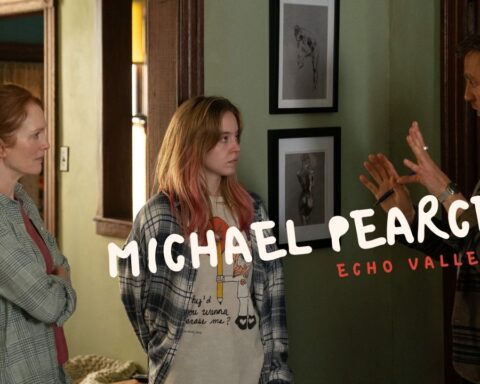
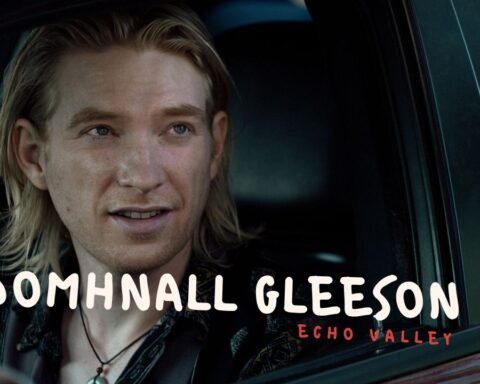
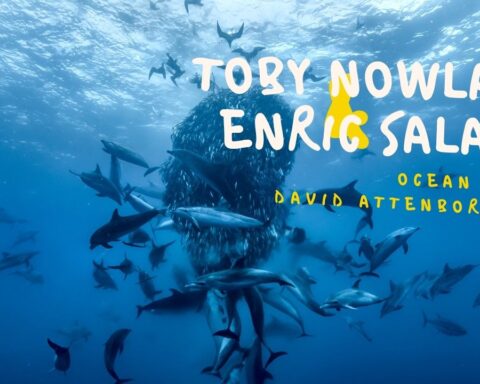

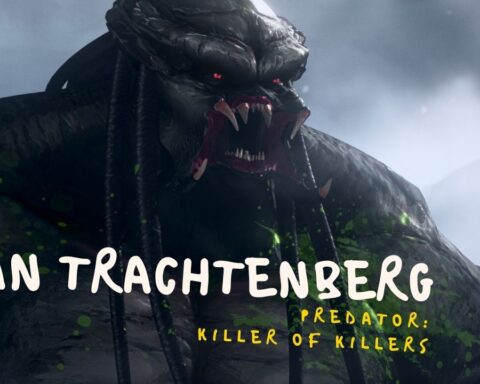
Follow Us